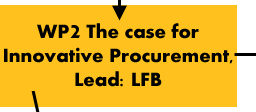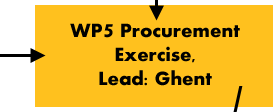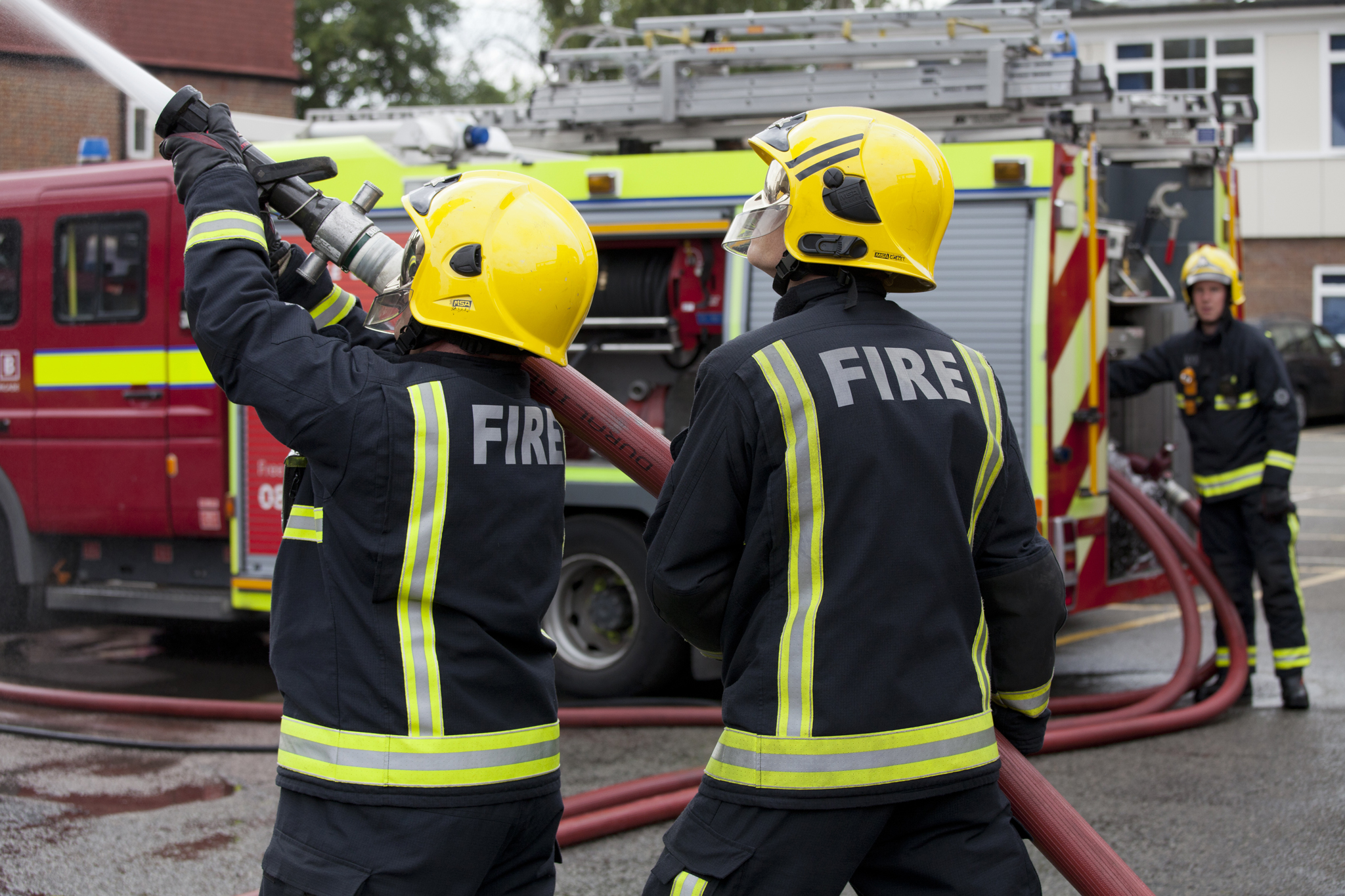





WP 2: The case for innovative procurement (Lead: London)
The case for innovative procurement is centred on the key environmental impacts of fire appliances include air quality, climate change, resource use and toxicity.
This WP is undertaking initial research to inform WP4. We have undertaken a needs assessment, which identified a range of environmental impacts of our frontline fire appliances and has been able to benchmark a number of environmental impacts including our annual fuel use, costs and emissions. This information has helped inform the development of the project, especially our areas of focus for specification development and market engagement in work package 4.
These actions have been undertaken and a report "The Case for Innovative Procurement" has been published.
WP 3: Risk management (Lead: London)
This work package is providing a legal framework for partners to undertake market engagement. We provided clear legal advice to project partners and other public procurers on how market engagement on products or technologies identified through WP2 should be undertaken. The framework was adapted into guidance as a project output, incorporating the experience of the project partners to provide tested examples for public procurers to follow. Appropriate case studies were identified to provide support to the guidance.
A report "Risk Management in the Procurement of Innovation" has been produced.
WP 4: Specification development (Lead: Ghent)
Following the findings of WP2, London and Ghent have each identified areas in which the market can help us to improve the environmental impacts of our fleets.
London recognises the importance that innovative data telematics solutions could have to allow us to manage our front-line fleet better by measuring the fuel, power use and emissions of individual vehicles on and off blue light runs and when used on incidents and training. This will help us to establish how to use the vehicles more efficiently and amend our maintenance programmes to better suit the use of vehicles.
Ghent was now in a position to ask the market for innovative solutions to combine the individual features of separate second-line vehicles into a single multi-functional vehicle, which could provide the brigade with efficiencies by reducing the size of the fleet and supplying a vehicle which simplifies the transportation and use of second-line equipment at incidents.
Report is available:
Towards Specification Development: Informing & Engaging the Market.
WP 5: Procurement exercise (Lead: Ghent)
The goal was to undertake an actual procurement demonstrating innovation in fire appliances.
London and Ghent investigated appropriate procurement approaches, suitable for public sector procurers and ensuring fair access for suppliers to the market.
The outcome of the procurement and our lessons learnt have now been published.
Guidance
During the course of the project, several detailed guidance documents and reports were produced. These covered topics including the environmental impact of fire service vehicles, potential areas for innovation and market engagement techniques.
Drafts of the guidance were made available on the Procurement Forum for comments.
